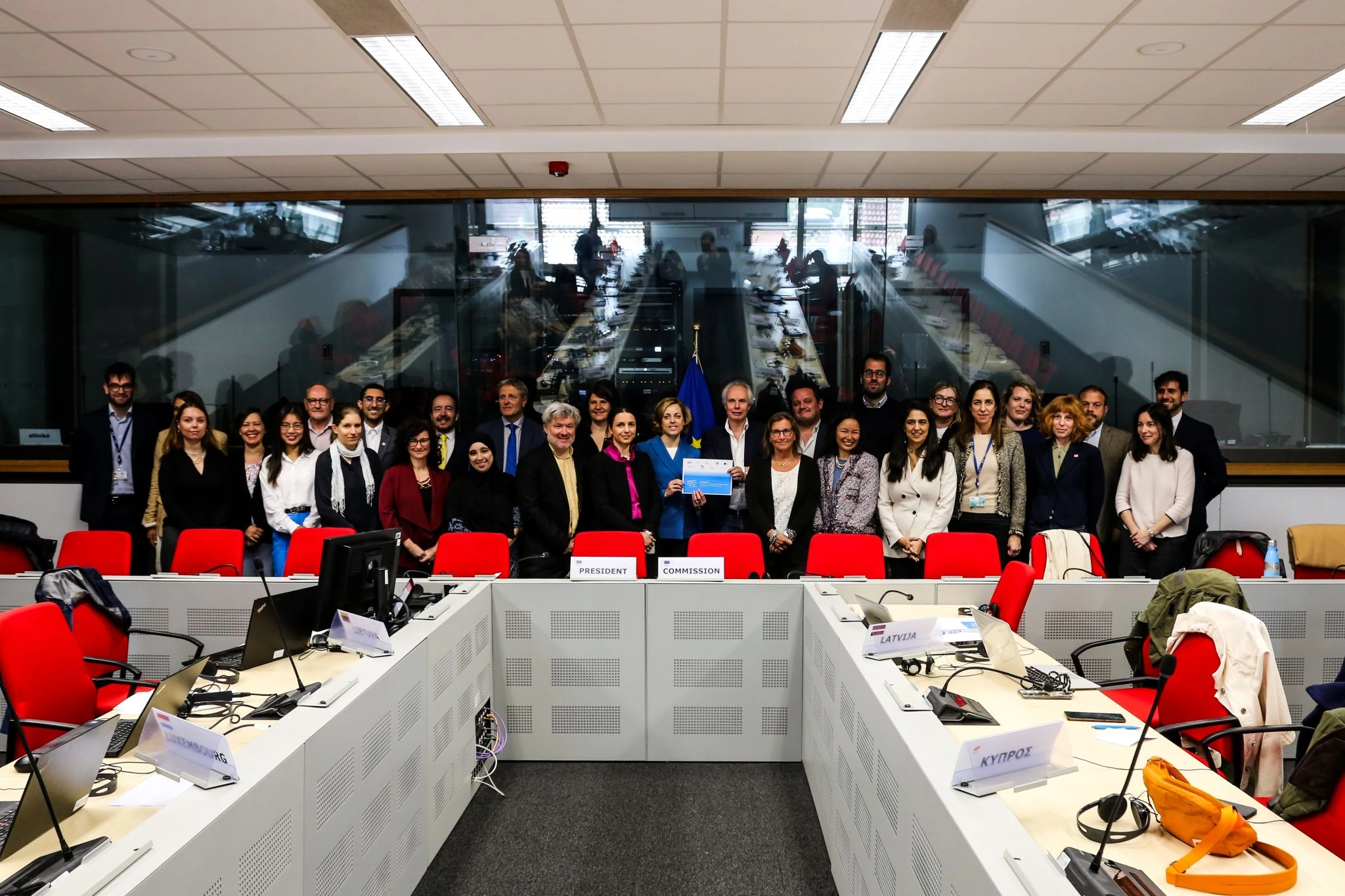Guidelines to Prevent and Tackle Third-Party Violence and Harassment Related to Work (TPVH)
The Council of European Municipalities and Regions (CEMR), along with 8 European sectoral social partners representing Local and Regional Governments, hospitals and healthcare, education, hotels, restaurants and cafés (hospitality), and Central Governments, have adopted and updated the European Multi-sectoral Guidelines to Prevent and Tackle Third-Party Violence and Harassment Related to Work (TPVH).
CEMR led the employers’ delegation in the six-month round of negotiations held in 2024, which resulted in these guidelines. The European Commission financially supported these negotiations.
The revised draws upon the ILO Violence and Harassment Convention (No.190), existing policies, and collective agreements at the national level to address pressing challenges, considering the increase of third-party violence and harassment at work following the COVID-19 pandemic and a change in the workplace.
They offer to the trade unions and employers:
- Key elements for a TPVH policy devised by management and workers’ representatives and trade unions, anchored in social dialogue, occupational safety and health, gender equality and non-discrimination with an intersectional approach.
- Practical tools and measures for health risk assessments, for example, psychosocial risks and staffing levels, prevention, and responses, such as social dialogue, awareness raising, training and clear reporting and complaint procedures.
- Definitions and principles on fostering a culture of respect and zero tolerance to violence and harassment, including by learning from previous incidents and cooperating with relevant public authorities.
- Remedies to support victims and hold perpetrators accountable, including support and transparent investigations.
On behalf of the employers’ delegation, Fabrizio Rossi, our Secretary General, has stated:
“By concluding these updated guidelines, employers reaffirm their commitment to fostering workplaces where safety and respect are at the core, ensuring that both workers and the services delivered to citizens are protected”.
CEMR would like to thank the other signatories, namely its counterparts EPSU, HOSPEEM, HOTREC, EFEE, EUPAE, CESI, ETUCE, and EFFAT, for their collaboration over the past year leading to this adoption.
For more information, contact:

Officer – Employment, Digitalisation and Public Services







